**”Visualizing Success: The Role of Mental Imagery in Enhancing Performance in Competitive Sports”**
# Visualizing Success: The Role of Mental Imagery in Enhancing Performance in Competitive Sports
In the high-stakes arena of competitive sports, success is often determined not only by physical prowess but also by mental acuity. Athletes have long recognized the importance of mental training, and one of the most effective techniques in their arsenal is mental imagery. This powerful cognitive tool allows athletes to visualize their performance, improving their skills, boosting confidence, and optimizing their preparation for competition. In this blog post, we will explore the role of mental imagery in enhancing performance in sports, tips on nutrition and exercise to support mental training, and the numerous health benefits associated with this practice.
## The Science of Mental Imagery
Mental imagery, often referred to as visualization, involves creating vivid mental pictures of specific skills or scenarios in one’s mind. Research has shown that this technique can enhance performance by aiding in muscle memory and refining motor skills.
### How Mental Imagery Works
When athletes visualize themselves performing, their brains activate similar areas as when they actually execute those movements. This phenomenon, known as the “psychoneuromuscular theory,” suggests that mental practice can lead to physical improvements. By mentally rehearsing techniques, athletes can enhance their confidence, focus, and overall performance.
### Visualization Techniques
There are several techniques athletes can use to optimize their mental imagery practice:
1. **Specificity**: Visualize the exact skills or scenarios relevant to your sport. For example, a gymnast might visualize their routine down to each individual move.
2. **Vividness**: Make your imagery as detailed as possible. Incorporate sensory experiences—what you see, hear, and feel during competition.
3. **Emotion**: Connect emotionally with your visualization. Imagine the joy of victory or the satisfaction of executing a perfect routine, as these feelings can enhance motivation.
## Nutrition Tips
Nutrition plays a vital role in an athlete’s mental performance. The brain, like any other part of the body, requires fuel to function optimally.
### Foods to Enhance Mental Clarity
1. **Omega-3 Fatty Acids**: Found in fish, walnuts, and flaxseeds, omega-3s are known to improve cognitive function and memory.
2. **Antioxidant-Rich Foods**: Berries, dark chocolate, and leafy greens help reduce oxidative stress, supporting brain health.
3. **Hydration**: Dehydration can impair concentration and cognitive performance. Athletes should aim to drink enough water throughout the day.
### Meal Timing
Athletes should also be mindful of meal timing. Consuming a balanced meal or snack rich in carbohydrates and protein about 1–2 hours before competition can provide sustained energy and improve focus during mental imagery sessions.
## Exercise Advice
While mental imagery is a powerful tool, it should complement physical training rather than replace it. Here are some exercise tips to enhance both physical and mental performance.
### Incorporating Mental Imagery into Training
1. **Pre-Training Visualization**: Before each training session, take a few minutes to visualize the skills you’ll be practicing. This can enhance focus and readiness.
2. **Post-Training Reflection**: After a training session, spend time visualizing the key takeaways and improvements you want to make in future performances.
3. **Combine Techniques**: Use mental imagery in conjunction with physical drills. For instance, visualize a perfect shot while practicing free throws in basketball.
## Health Benefits
The benefits of incorporating mental imagery into an athlete’s routine extend beyond performance enhancement. Here are a few key health benefits associated with this practice.
### Stress Reduction
Visualization techniques can help reduce anxiety and stress levels before competitions. By mentally rehearsing success, athletes can create a sense of familiarity and control, which alleviates performance anxiety.
### Improved Focus and Concentration
Regular mental imagery practice can enhance an athlete’s ability to focus and concentrate. This heightened mental clarity can translate into better decision-making during high-pressure situations.
### Enhanced Recovery
Mental imagery can also be beneficial for recovery. Athletes recovering from injuries can visualize themselves returning to full strength, which may expedite the healing process by promoting positive psychology.
## Conclusion
Mental imagery is a powerful and effective tool that can significantly enhance performance in competitive sports. By incorporating proper nutrition and exercise strategies alongside mental training, athletes can maximize their skills and boost their confidence. The health benefits, including reduced stress, improved focus, and enhanced recovery, further emphasize the importance of visualization in an athlete’s overall regimen. In summary, embracing mental imagery as part of a holistic approach to training can pave the way for greater success in the competitive sports arena.
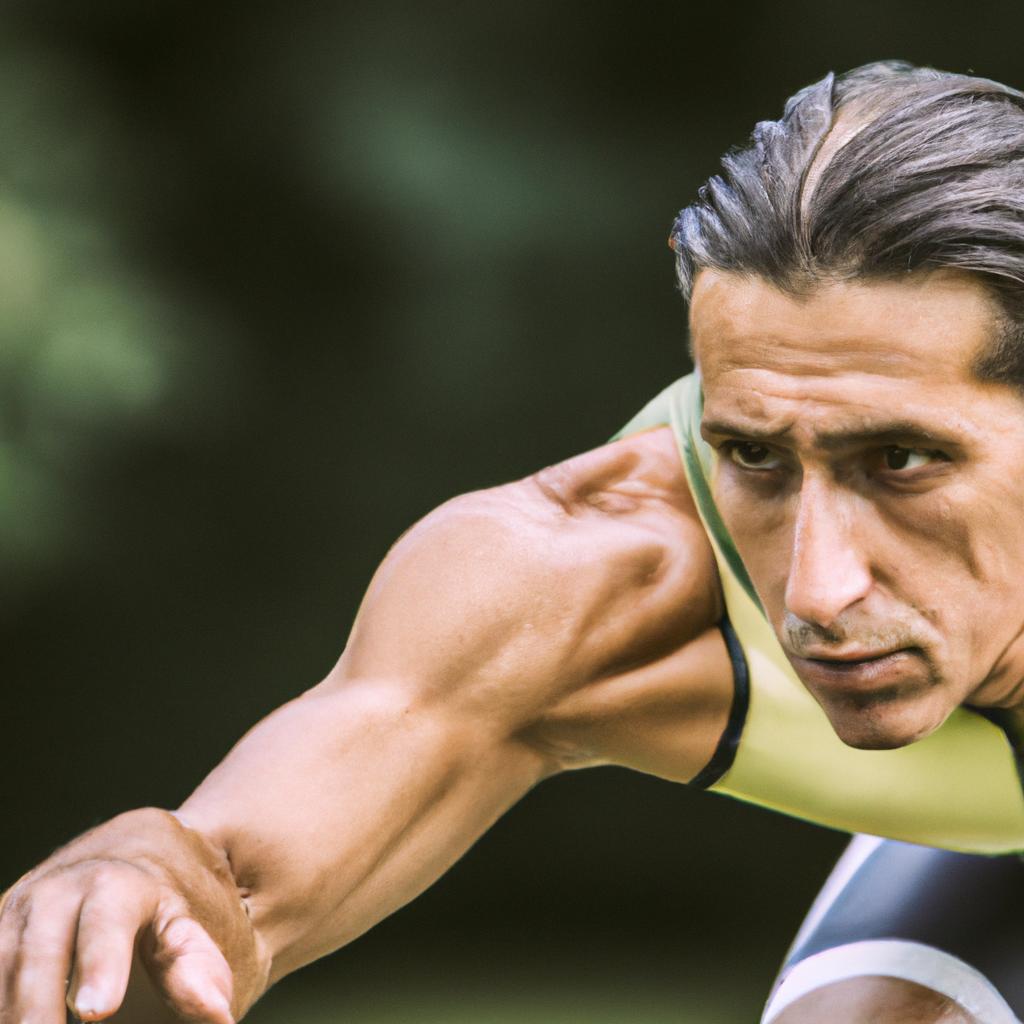

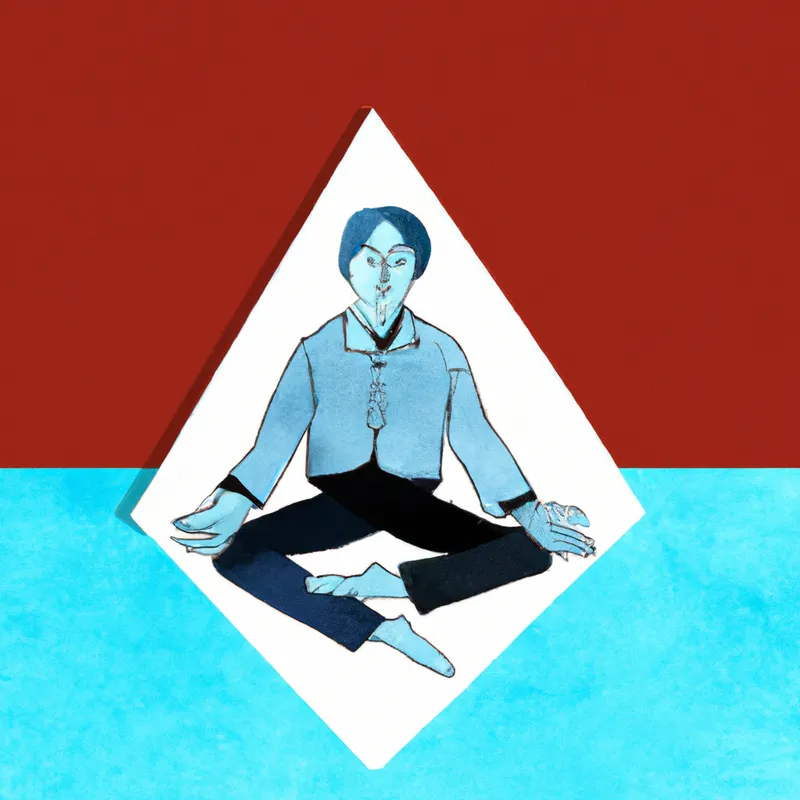
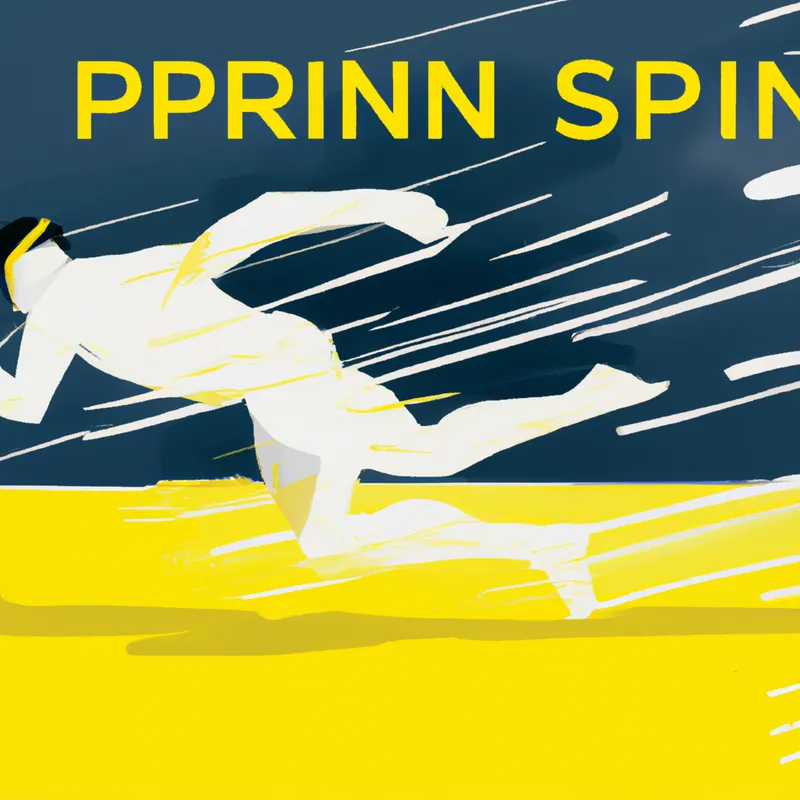


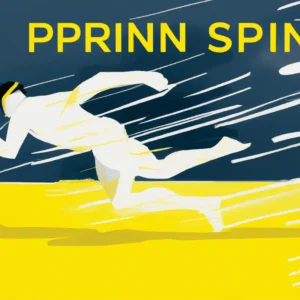




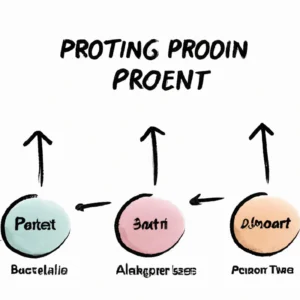


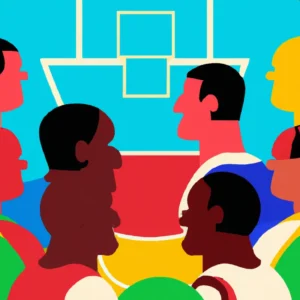
Post Comment